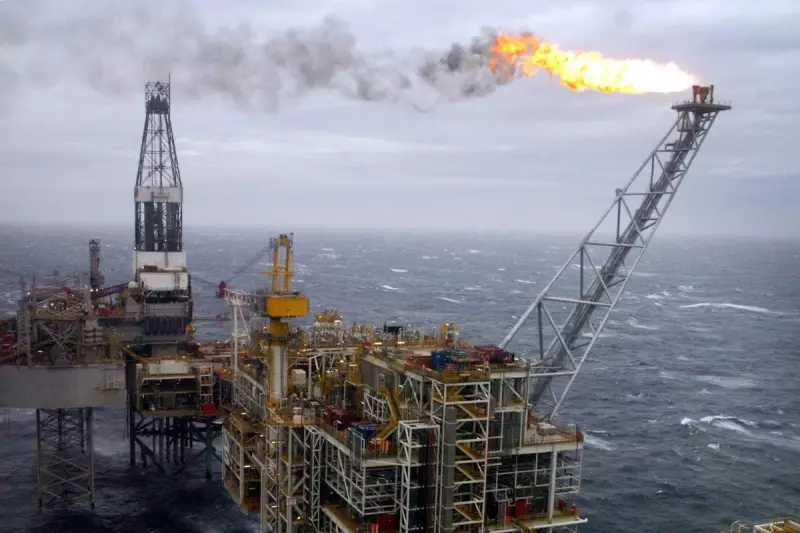
In a decisive move that marks the beginning of the end for the North Sea's fossil fuel era, the UK Government has officially abandoned its longstanding policy of holding annual oil and gas licensing rounds. This pivotal shift in energy strategy prioritises the nation's climate targets over new hydrocarbon extraction.
The decision, confirmed by the North Sea Transition Authority (NSTA), ends the traditional practice of offering new exploration licences to energy companies every year. Instead, a much more rigorous and climate-focused test will be applied to any future licensing process, ensuring it is compatible with the UK's legally binding journey to net-zero emissions by 2050.
A New Climate-Conscious Checkpoint
Future applications for oil and gas projects will face a stringent new hurdle: the ‘climate compatibility checkpoint’. This mechanism will rigorously assess potential projects against environmental goals, making it significantly harder for new fossil fuel extraction to get the green light. The government asserts this balanced approach will bolster energy security while steadfastly pursuing its net-zero ambitions.
Industry Backlash and Economic Worries
The announcement has been met with sharp criticism from the oil and gas industry and political supporters of the sector. They argue that halting regular licensing will undermine the UK's energy independence, force a greater reliance on expensive imports, and jeopardise thousands of jobs, particularly in the energy hub of Aberdeen. Industry body Offshore Energies UK warned that the move could lead to a faster decline in domestic production.
The Political and Environmental Divide
This policy change underscores a deep political divide. While environmental groups and climate activists have hailed the decision as a vital and long-overdue step towards a greener future, some MPs and industry leaders condemn it as a short-sighted blow to the economy and national security. The government maintains that even as the transition accelerates, oil and gas will remain a part of the UK's energy mix for years to come, but its focus is now squarely on accelerating renewables like wind and solar power.
This move signals a profound transformation for the North Sea, transitioning from a cornerstone of hydrocarbon production to a critical centre for renewable energy innovation and carbon capture technology, shaping the UK's energy landscape for decades to come.





